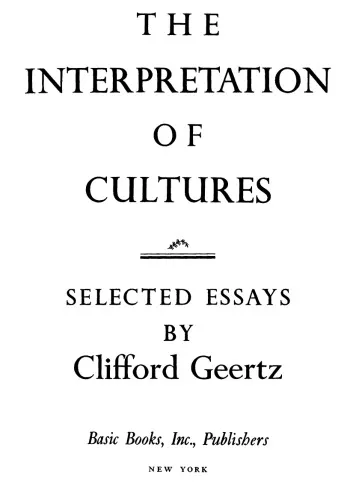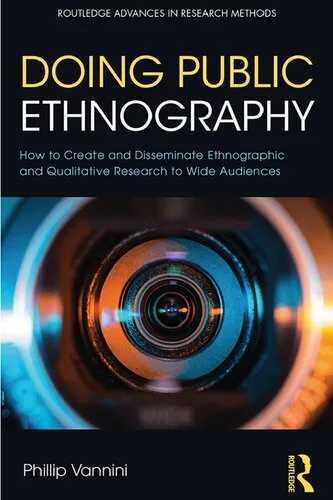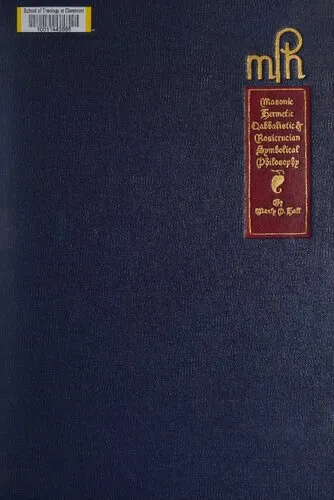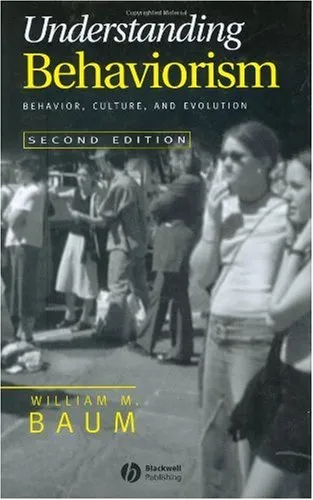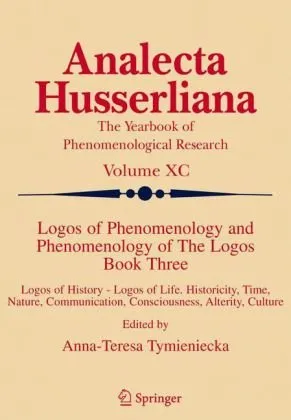The Interpretation of Cultures: Selected Essays
4.6
Reviews from our users

You Can Ask your questions from this book's AI after Login
Each download or ask from book AI costs 2 points. To earn more free points, please visit the Points Guide Page and complete some valuable actions.Related Refrences:
Introduction to "The Interpretation of Cultures: Selected Essays"
Published in 1973, Clifford Geertz's "The Interpretation of Cultures: Selected Essays" has established itself as a cornerstone in the field of anthropology. This comprehensive collection of essays helps demystify the study of cultures and societies through a symbolic approach, revolutionizing how anthropologists perceive and interpret social phenomenon.
Detailed Summary of the Book
The core of Geertz's essay collection is his argument for a "thick description" of cultural activities. Instead of reducing cultural phenomena to rudimentary explanations, Geertz advocates for an intricate and detailed interpretation. His approach leverages interpretive methodologies to uncover the layers of meaning within cultures. The book is divided into a series of essays that provide in-depth analysis and examples of cultural practices across the world, paying particular attention to the nuanced web of significances that define them.
Geertz's first essay, titled "Thick Description: Toward an Interpretive Theory of Culture," explores his central concept of thick description. It forms the theoretical backbone of the book, setting the stage for succeeding essays where the theory is applied. Other notable essays include "The Balinese Cockfight," which uses the cockfight as a metaphor to dissect Balinese culture, and "Religion as a Cultural System," where he addresses religion's significance as a cultural framework.
Key Takeaways
- Culture as a Text: Geertz frames culture as an assemblage of "texts" that need to be interpreted. Every action, symbol, and behavior can be read to understand deeper cultural meanings.
- The Concept of Thick Description: This method of analysis encourages anthropologists to view cultural phenomena in context, considering social actions' broader significance.
- Interpretative Methodology: Geertz shifts the paradigm from scientific objectivity to a more interpretative and subjective stance, allowing for a richer understanding of cultural activities.
- Symbolic Anthropology: His work firmly roots itself in symbolic anthropology, suggesting that human culture is a network of symbols to be deciphered.
Famous Quotes from the Book
"The notion that a people’s culture is the general disposition of their character and the vision of life that unifies that disposition is widespread; but it is not a very useful concept."
"Man is an animal suspended in webs of significance he himself has spun, I take culture to be those webs."
Why This Book Matters
"The Interpretation of Cultures" is revolutionary for ushering in a new era of anthropological theory. Geertz's approach challenges the field’s traditional empiricism and provides a robust theoretical frame supporting cultural relativity and contextually rich analyses. It is an essential read for not only anthropologists but also for those interested in the interplay between human behavior and cultural systems. By promoting an interpretive view, the book broadens the scopes of understanding societies, helping readers appreciate the diversity of human existence.
Ultimately, this collection of essays is instrumental in reinforcing the argument that to understand a society, one must dive beyond surface observations. Geertz's work is indispensable for understanding the depth, complexity, and richness of cultures around the world, making it an invaluable asset to students and scholars in the social sciences.
Free Direct Download
You Can Download this book after Login
Accessing books through legal platforms and public libraries not only supports the rights of authors and publishers but also contributes to the sustainability of reading culture. Before downloading, please take a moment to consider these options.
Find this book on other platforms:
WorldCat helps you find books in libraries worldwide.
See ratings, reviews, and discussions on Goodreads.
Find and buy rare or used books on AbeBooks.
1404
بازدید4.6
امتیاز0
نظر98%
رضایتReviews:
4.6
Based on 0 users review
Questions & Answers
Ask questions about this book or help others by answering
No questions yet. Be the first to ask!
